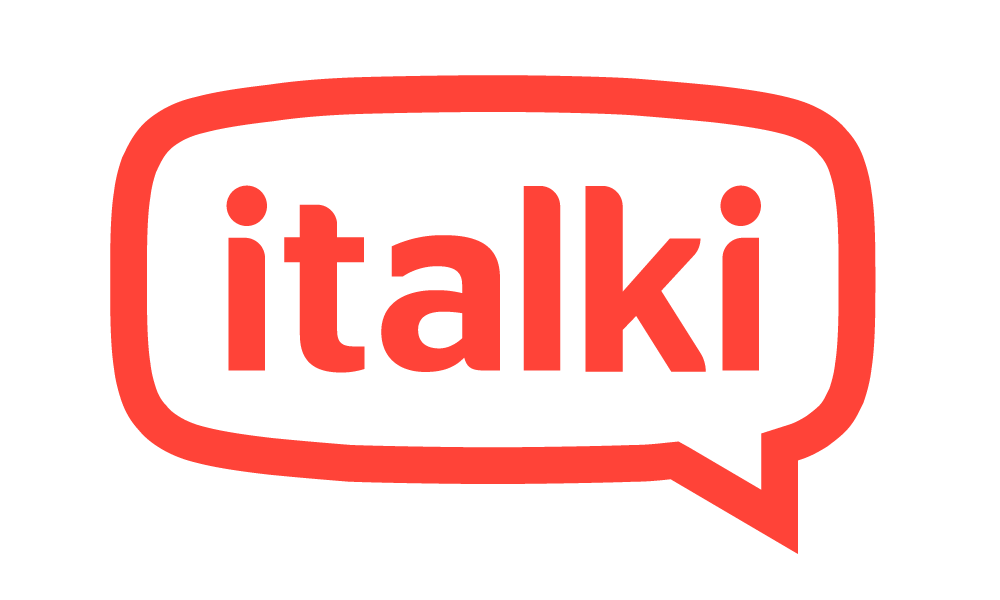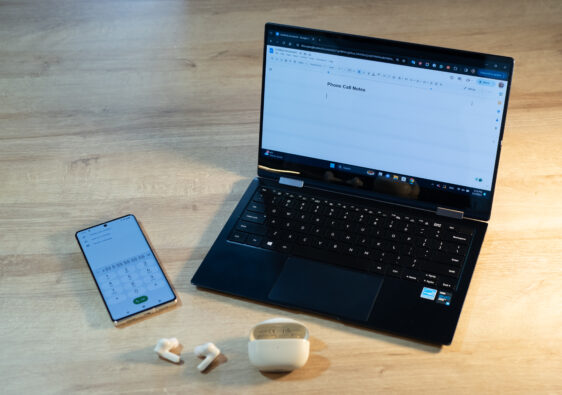This post contains affiliate links. If you buy something through them we may earn a commission.
In the first part of this article series, I talked about the two primary courses that I used to obtain a solid base in French, French with Michel Thomas and Assmil’s French course. If you haven’t checked out that article yet, I highly recommend you start there.
However, once you’ve gone through those courses, or something similar to them, you’ll probably find yourself in the same situation I did when I finished them. I had a great base in French, reading it was pretty easy, and I could formulate requests and have basic conversations easily. But I was still struggling with my listening comprehension, lengthy conversations fatigued my brain, and the slang used in casual conversations was incomprehensible. How do you go from an intermediate learner to an advanced one? How do you obtain the elusive goal of fluency?
First off, there’s never going to be a day when you will be officially “done” learning a language. Language learning is an endless process. Even if one day you thought you had mastered it all, the language will evolve or your imperfect brain will forget something and you’ll have to restart the learning process. Even native speakers have to learn new words that are introduced into their language during their lifetime. However, it is possible to make significant strides as an intermediate-level learner (say B1 or B2 using the Common European Frame of Reference) to become a more advanced one (C1 and C2).
My level in French after using the courses I described in part one of this article was probably somewhere around B1 or B2. Now I would estimate myself as speaking at a C1 or C2 level (on a good day).
Since you can only go so far with textbooks, here are some of the things I found helpful to push myself into the advanced learner level.
Listening to the Radio or Watching TV
I’m a big fan of listening to the French news or radio to work on my listening comprehension. One of my favorites starting out was listening to FranceInfo or France24. One of the things I found helpful about those channels was the fact that they repeated the major headlines every half-hour. So I found that as I listened to it while getting ready in the morning or while cleaning the house, by the time of my second or third listen-through of the news I was picking up more and more vocabulary. Also, news anchors usually speak clearly which is another bonus.
Of course, it can get a little stale (not to mention depressing) listening just to the news. So to add variety you can also listen to FranceInter or FranceCulture for a change of pace.
French TV is even better since you’re combining listening with seeing the speaker. France24 is available to stream around the world and again due to its repetitive nature can be great for intermediate-level learners wanting to increase their vocabulary and listening comprehension.
However, if you can access French TV stations, things can get really fun. I don’t normally watch much reality TV but I do love watching French reality shows from time to time. They combine real-ish life situations and conversations with a repetitive formula that makes it easier for your brain to intuit new words. Some of my favorites include Bienvenue Chez Nous (sadly canceled a few years ago, but maybe you can find reruns), Quatre Marriages Pour Une Lune de Miel (French version of Four Weddings, catty brides are even better in French), and Le Chateau de Mes Reves (chateau renovations, my dream!).
YouTube
Another helpful tool I’ve used to improve my French comprehension and vocabulary is YouTube. There are so many fantastic French YouTubers out there.
Starting out I really liked watching French Mornings with Elisa and Français avec Nelly. Both girls speak very clearly and present interesting bite-sized language lessons 100% in French.
My current favorite channel is Piece of French. I really enjoy Elsa’s content. She speaks French a bit more quickly and uses more slang, so I feel like it’s helping my comprehension really grow. Also, she tends to prefer a more casual “vlog” approach which I find interesting. In fact some of her videos about creating her YouTube channel and making it her career I’ve found to be very motivating for myself while creating this blog.
Some other channels that I’ve also watched from time to time are InnerFrench and Easy French. All of these are great resources to brush up your listening comprehension and add some interesting variety to your language learning.
Speaking Practice
Another area that I’ve found I had to work on and continue to work on, is conversation practice. In my day-to-day life in France, I’ve found that most of my conversations are rather quick interactions, like buying groceries at a market or ordering food at a restaurant. I don’t get too many long conversations in French since I work at home and my work is in English. But I’ve found ways to still get conversation practice in.
One thing often mentioned is French meetup groups. A quick Google search in your area will often reveal nearby French meetup groups where you can practice your French. If you’re in a bigger city you might even have an Alliance Française which hosts events and classes in French.
For several years my husband and I were able to volunteer a few hours every week with local Francophone communities across the US before we moved to France. That time really helped us develop our level of French and learn about the diverse cultures and countries that speak French (spoiler alert: it’s not just France!). Look around in your area and see if perhaps there are refugee housing centers or other chances to volunteer where you can use your French.
Now that I live in France we have a diverse group of friends with both expats and native French locals. Although most of my French friends are bilingual and want to practice their English, sometimes when I’m with them I’ll ask if they mind switching the conversation to French so I can get some practice in. So if you know a French speaker ask them if they’d like to do a language exchange where you both get to speak in your target languages.
However, with all this, I still found I wasn’t getting consistently reliable conversation practice. I looked into my options and found iTalki, a website where you can hire language tutors from around the world and in a variety of languages. For the first time ever, I hired a tutor for French, and my goal is to have a weekly half-hour conversation session. I’ve been really impressed with my tutor and the benefits I’ve been getting from my sessions. I also love the convenience of booking my sessions through iTalki and the professionalism of the entire experience. I liked that I was able to specify even where my tutor was from since I specifically wanted to work on French spoken in mainland France. Plus the rates are reasonable and you can try out various tutors until you find one you like. If you’re interested in trying iTalki out click on this referral link and you’ll get $10 in iTalki credits when you make your first purchase.
https://www.italki.com/affshare?ref=af18823304
Duolingo
I have to give an honorable mention to the Duolingo app. Is it going to teach you a language to fluency by itself? Probably not, but I do love the small bite-sized lessons and the gamified feel. I try to do at least one small lesson every day. I view it as a mental warm-up for French before I go on to watch some YouTube in French or have my conversation practice with my tutor. And if I’m having a crazy busy day, at least I can get a small lesson done on Duolingo and feel like I accomplished something.
Conclusion
As you can see moving into an advanced level is a bit more of a nebulous process, there aren’t really any more textbooks that would be beneficial, but it’s also a more flexible time. You can watch channels and listen to podcasts and programs that interest you and feature vocabulary you want to learn. Also, it doesn’t take as much time in my experience. When I really decided to learn French well with Assimil I probably spent 30-45 minutes a day studying. Now I probably spend around 15 minutes a day with Duolingo and Youtube, and of course 30 minutes a week with my conversation practice.
Now you have my methods for moving beyond the intermediate level plateau to become an advanced level speaker. This is what helped me with French but the same principles would work for any language you’re learning. The most important thing I’ve found is to be consistent with your learning. Doing a small bit every day is better than very long but sporadic study sessions. Think of it like interest that’s building in a savings account. Every day the growth might seem negligible but over time it will pay off if you’re consistent.
Bon courage!






